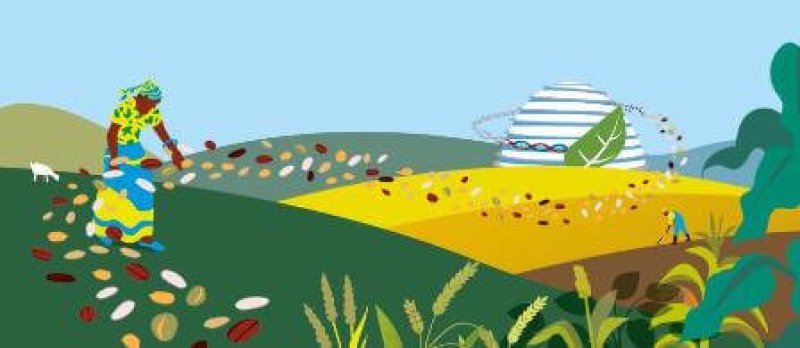“We’re living on borrowed time,” says Wijnand Swart, a plant pathologist at the University of Free State (UFS) in South Africa. “We’re only just discovering what can happen when temperatures reach extremes. Stressed plants are susceptible to secondary opportunistic pathogens, and climate change creates opportunity for new diseases which previously didn’t affect plants.
“Coffee, rice, yams, cassava, pumpkin, and wheat are some of the staple crops that will be affected.”
He’s confident that with biotechnology, more plants can be modified to adapt to the climate crisis, including desertification, changing rainfall patterns, and an increase in pests and diseases.
Swart cautions that biotech will save yield losses, but smallholder farmers who can’t buy into biotech may be left behind. “Imagine what smallholder farmers would be able to achieve with a bit of technology? But getting it to them is the problem.”
It’s a view supported by the Africa Union Development Agency-New Partnership for Africa’s Development (AUDA-NEPAD). “Biotechnology is a powerful tool to modify genetics in crops and animals that would otherwise be impossible through classical breeding. Harnessing this offers Africa an unparalleled opportunity to circumvent a range of challenges in crop and animal agriculture,” says Jeremy Ouedraogo, head of AUDA-NEPAD’s biosafety programme.
But this remains a challenge. It’s nearly three decades since commercial planting of biotech crops began, but the global genetically modified organism (GMO) footprint remains relatively small. Only 29 countries grow GMO crops, while 43 import them for food feed, and processing, according to ISAAA.































